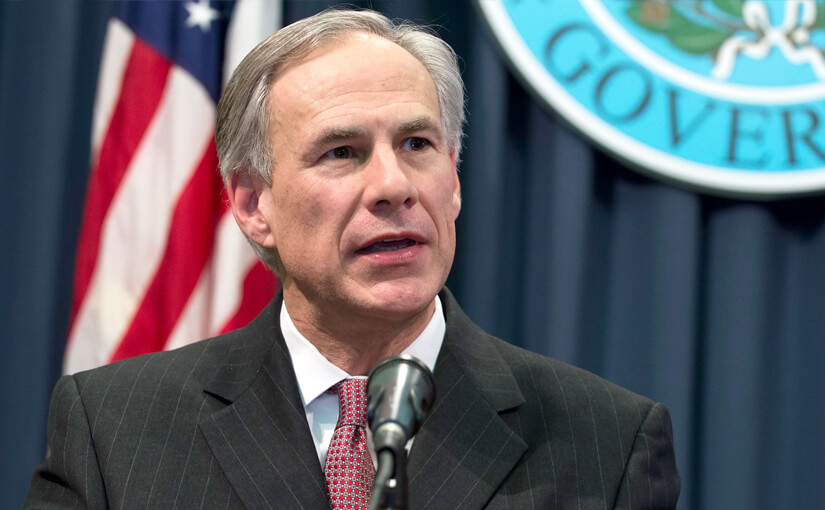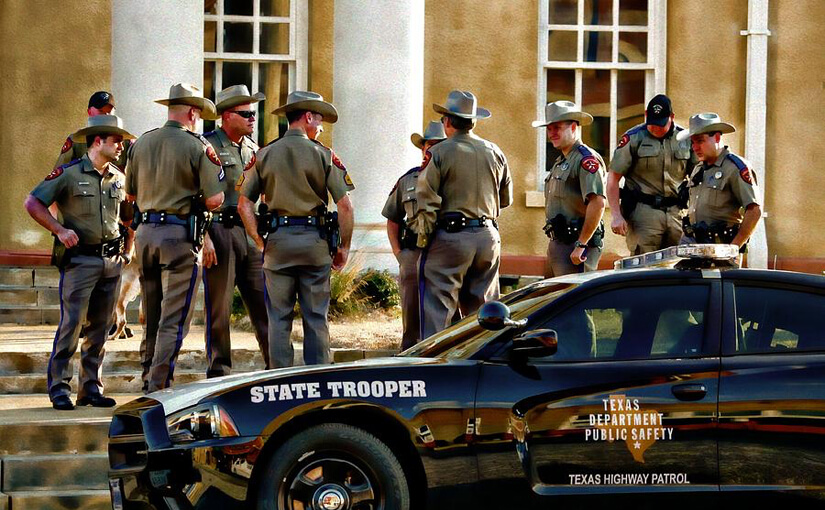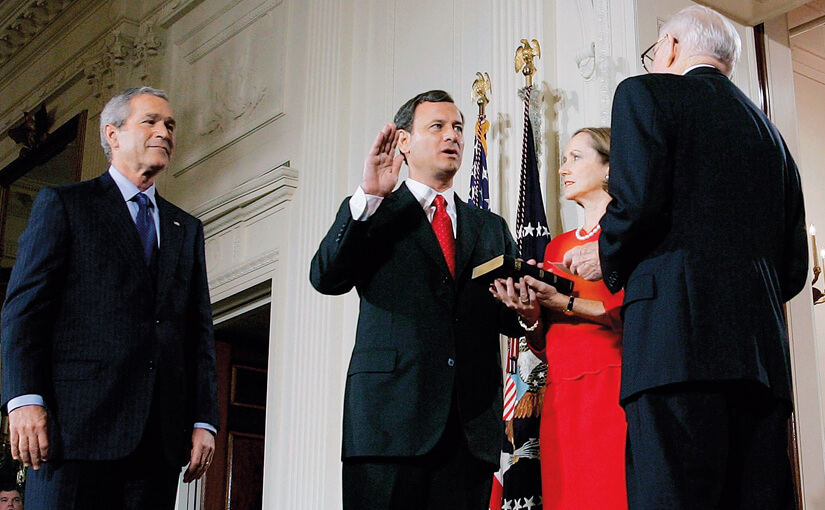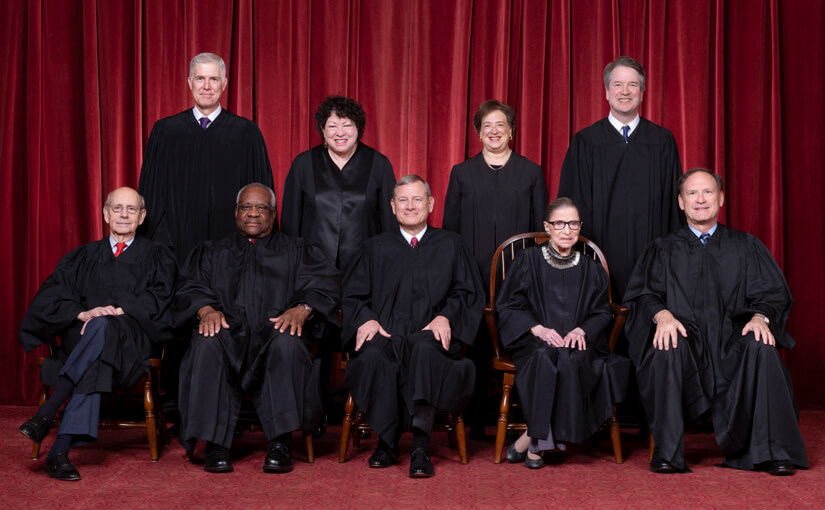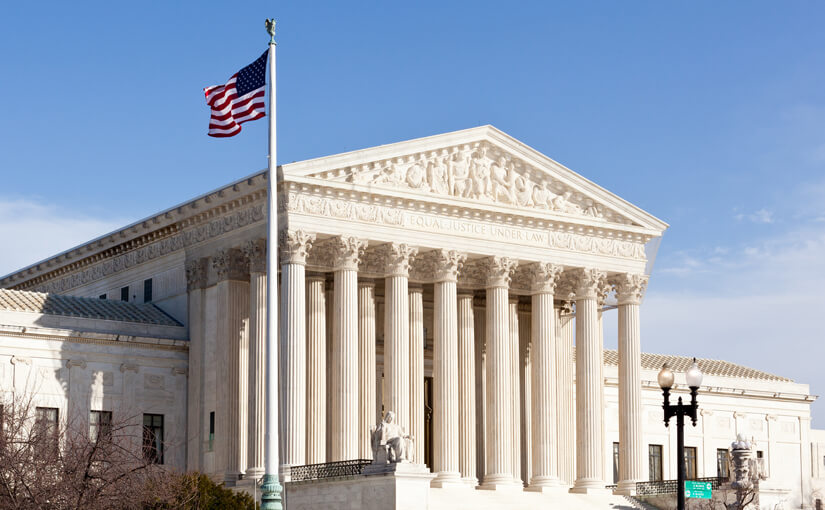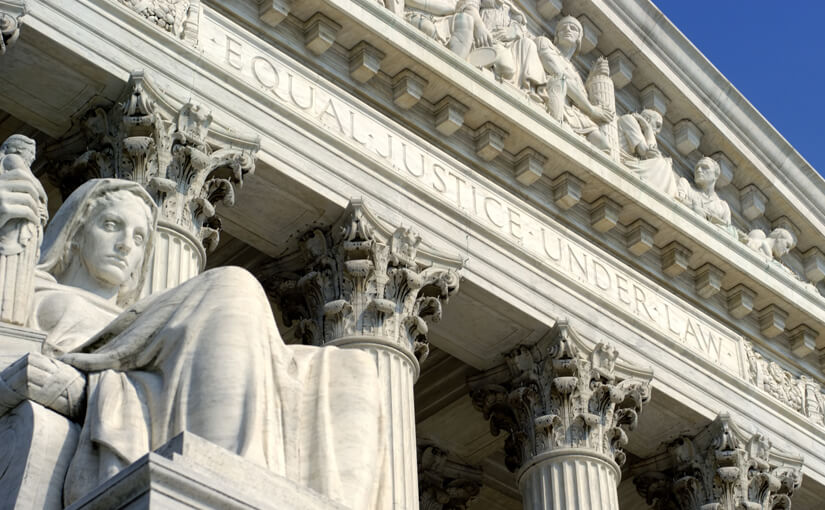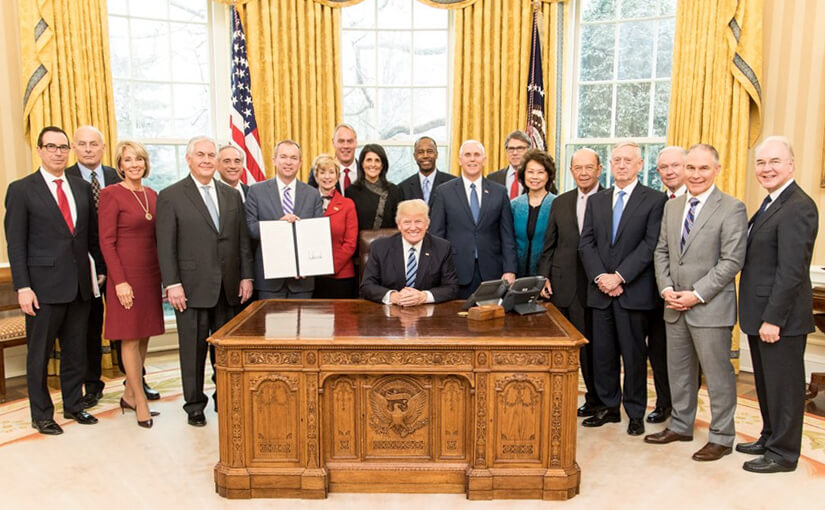- Answers will vary. [District of Columbia residents should answer that D.C. does not have a Governor.]
To learn the name of the governor of your state or territory, go to www.nga.org/governors.
Similar to the federal government, most states have three branches of government. The branches are executive, legislative, and judicial. The governor is the chief executive of the state.
The governor’s job in a state government is similar to the president’s job in the federal government. However, the state laws that a governor carries out are different from the federal laws that the president carries out.
The Constitution says that certain issues are covered by federal, not state, laws. All other issues are covered by state laws. The governor’s duties and powers vary from state to state.
The number of years that a governor is elected to serve—called a “term”—is four years. The exceptions are New Hampshire and Vermont, where governors serve for two years.
** As you prepare for U.S. citizenship, Learn About the United States: Quick Civics Lessons will help you study for the civics and English portions of the naturalization interview. There are 100 civics (history and government) questions on the naturalization test. During your naturalization interview, you will be asked up to 10 questions from the list of 100 questions. You must answer correctly six (6) of the 10 questions to pass the civics test.


